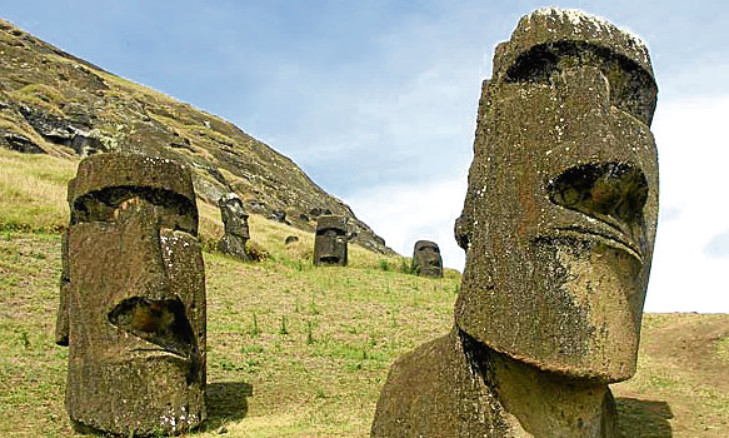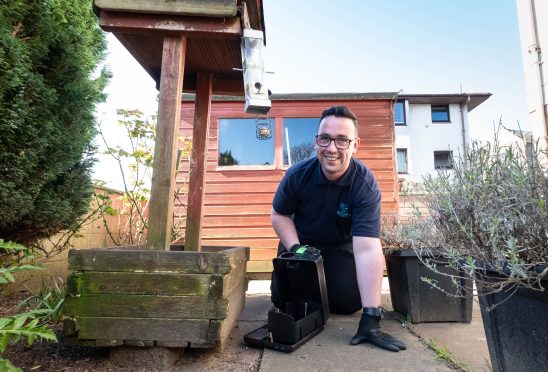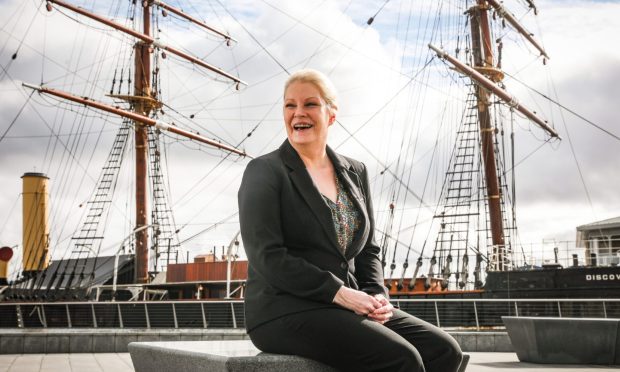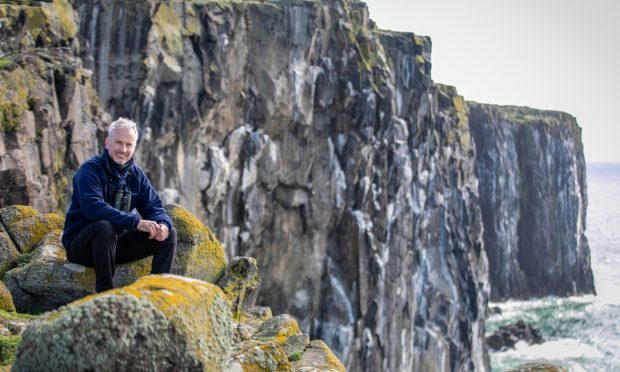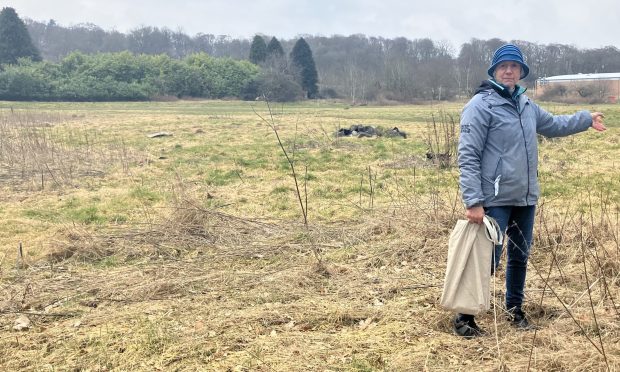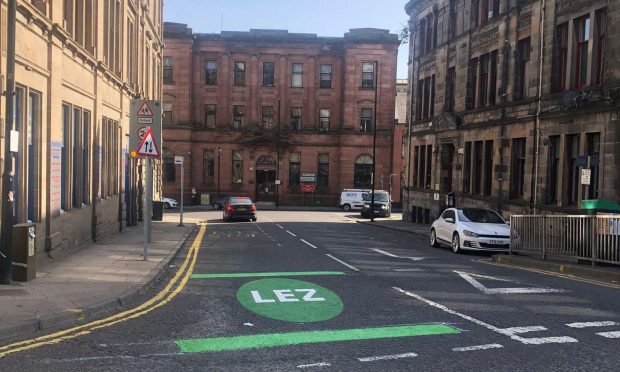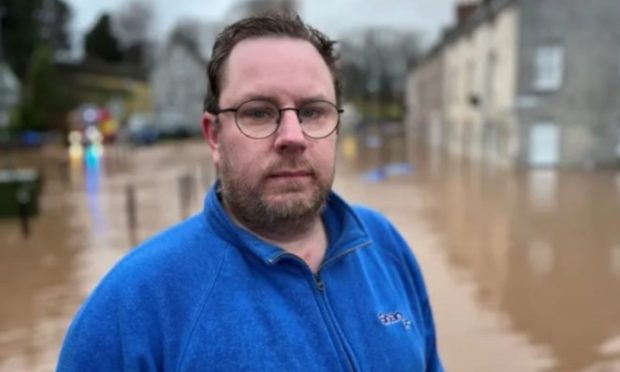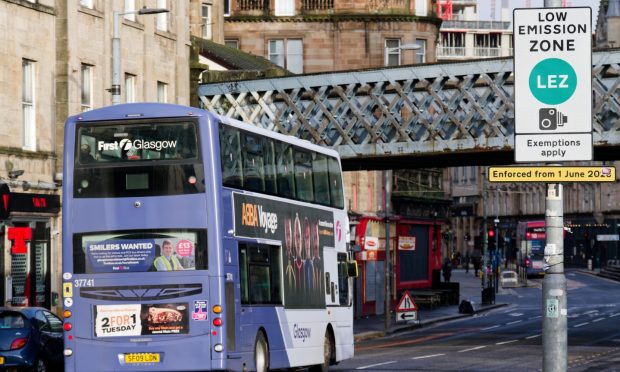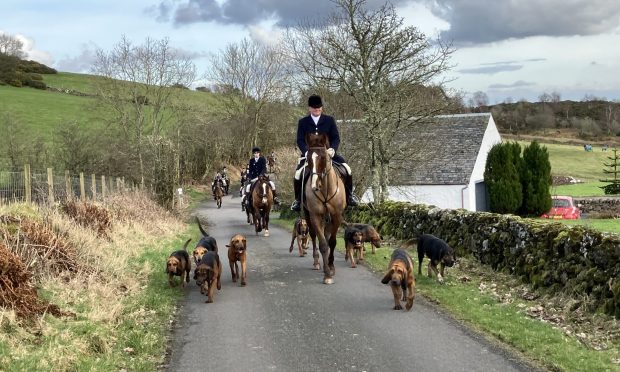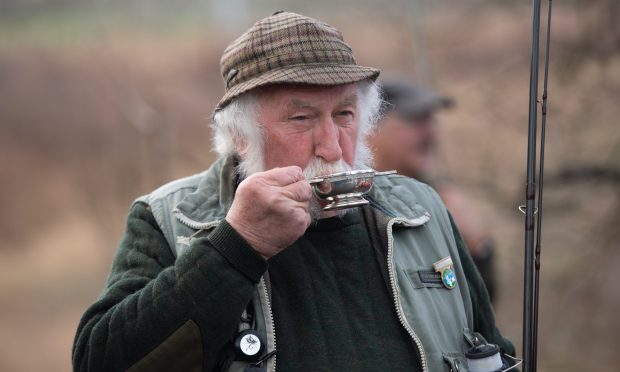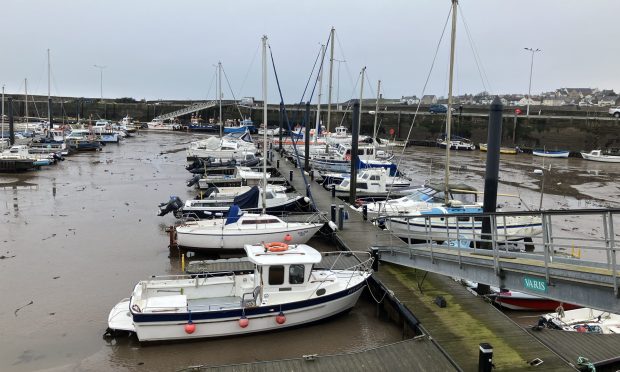We are all destined to marvel at the stupidity of our parents – it’s what keeps humans going.
The sense that we’ll never be so daft again is deeply human – and unfortunately, wrong.
To illustrate my point, lets go to an island.
Islands are fascinating because they are clearly defined communities – whether of plants, animals or humans.
What happens on the island stays on the island – often to tragic ends.
The people on Easter Island in the Pacific enjoyed a forested landscape. They used the trees to build canoes and trade with other islands, while the wood was good for fuel and construction.
The trees were also essential in the process of carving and moving the stone statues for which the island remains famous.
Barren landscape
Only now the statues stand alone in a barren landscape – there are no trees left. The civilisation of Easter Island was dependent on trees, to the point that the people couldn’t stop themselves from chopping down the last one – at which point, the community literally died out.
This is a pattern for civilisations – to become fixated on one resource to the point where it is exhausted and brings down the whole community.
History repeats this moral with banal regularity but humans seem incapable of doing anything about it.
The Earth is an island in space – we live in (or on) a tragedy foretold but can’t bring ourselves to engineer a happy ending.
Climate change isn’t a fiction – to say so is as irresponsible as claiming inoculations are dangerous, thus weakening the herd immunity.
Climate change is real, affects everyone and is nature’s way of saying “remember Easter Island”.
This is why energy policy is so important.
Humans are addicted to energy – most of it comes from burning fossil fuels.
Carbon-based energy produces carbon dioxide, which traps heat in the atmosphere and warms the planet.
The planet doesn’t mind – its a rock.
But its terrible news for humans, who can only live happily, in such numbers, in quite a narrow band of climactic conditions.
We need to stop putting yet more Co2 into the atmosphere and find renewable sources of energy.
This is why some environmentalists are pro-nuclear – it doesn’t produce climate change emissions.
That, in part, is the rationale behind Hinkley Point, the first proposed nuclear reactor in the UK in a generation.
Having given the go-ahead for this, the government has now called a halt – again.
There is much that is interesting about this story but what stands out are two things – the new reactor will only produce 7% of the UK’s energy needs and will cost untold amounts (£30 billion and rising).
As the single largest energy waste occurs in domestic housing – we burn energy to heat homes, only to let the heat escape through poor insulation – if a fraction of the billions spent on Hinkley Point were used for better housing, that might save at least 7% of what is already produced.
The other thought is renewables might be expensive but not in the league of the billions needed for Hinkley Point.
If £30bn were spent tapping Scotland’s renewable potential, we could rescue this island from its ultimate fate as a barren land littered with stone memorials to a defunct civilisation.
While the UK government wrestles with the cost of new nuclear, the Scottish Government has its own energy problems.
With coal power generation closed down and nuclear about to go offline, we are hugely dependent on the renewables revolution – only, the windmill revolution has stopped turning.
The Scottish Government messed up submitting four offshore windfarm applications, such that Scotland’s hope of being the “Saudi Arabia” of wind is on hold.
The applications have been delayed by a court order in favour of the conservation charity RSPB, awarded because of a technical error in the submission of the licences.
Right priorities
If we had our priorities right – namely that the fate of the planet is the most important thing for any of us to worry about and energy policy is critical to this – this mess would be a scandal of government-toppling potential.
Be clear, the public sector has a good tale to tell here – 13% of energy we consume is from green sources and windmills saved us from sending 12 million tonnes of carbon dioxide into the air in 2014 (according to Scottish Government statistics).
However, there’s no room for complacency – 87% of the energy we use is not from renewable sources.
Humanity needs all four offshore windfarm projects to go ahead.
The Scottish Government has until tomorrow to challenge the court delay – at the time of going to press, the government would not confirm it was going to do so.
This blob of magical blue hurtling through space is the only rock we have to stand on.
If we make it too hot for humans, we have done what the Easter Islanders did a thousand years ago; chopped down the last tree because we couldn’t muster the wit to change.
